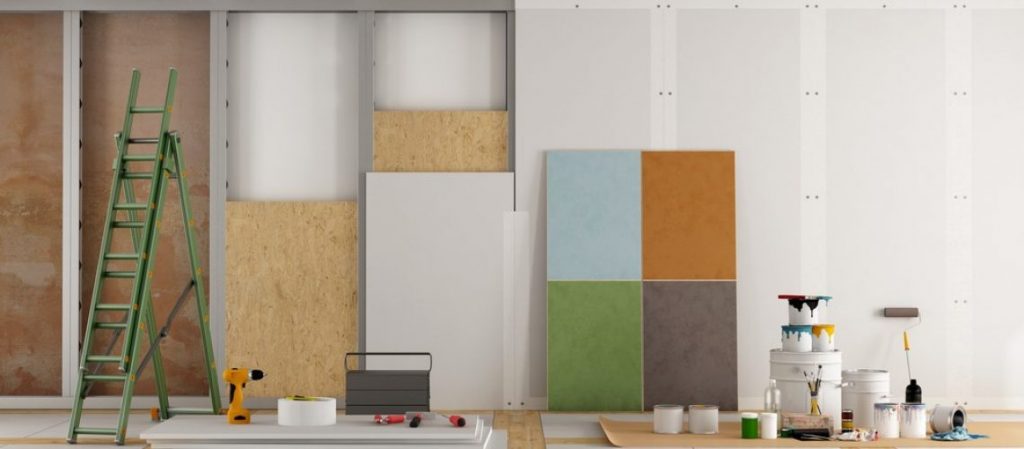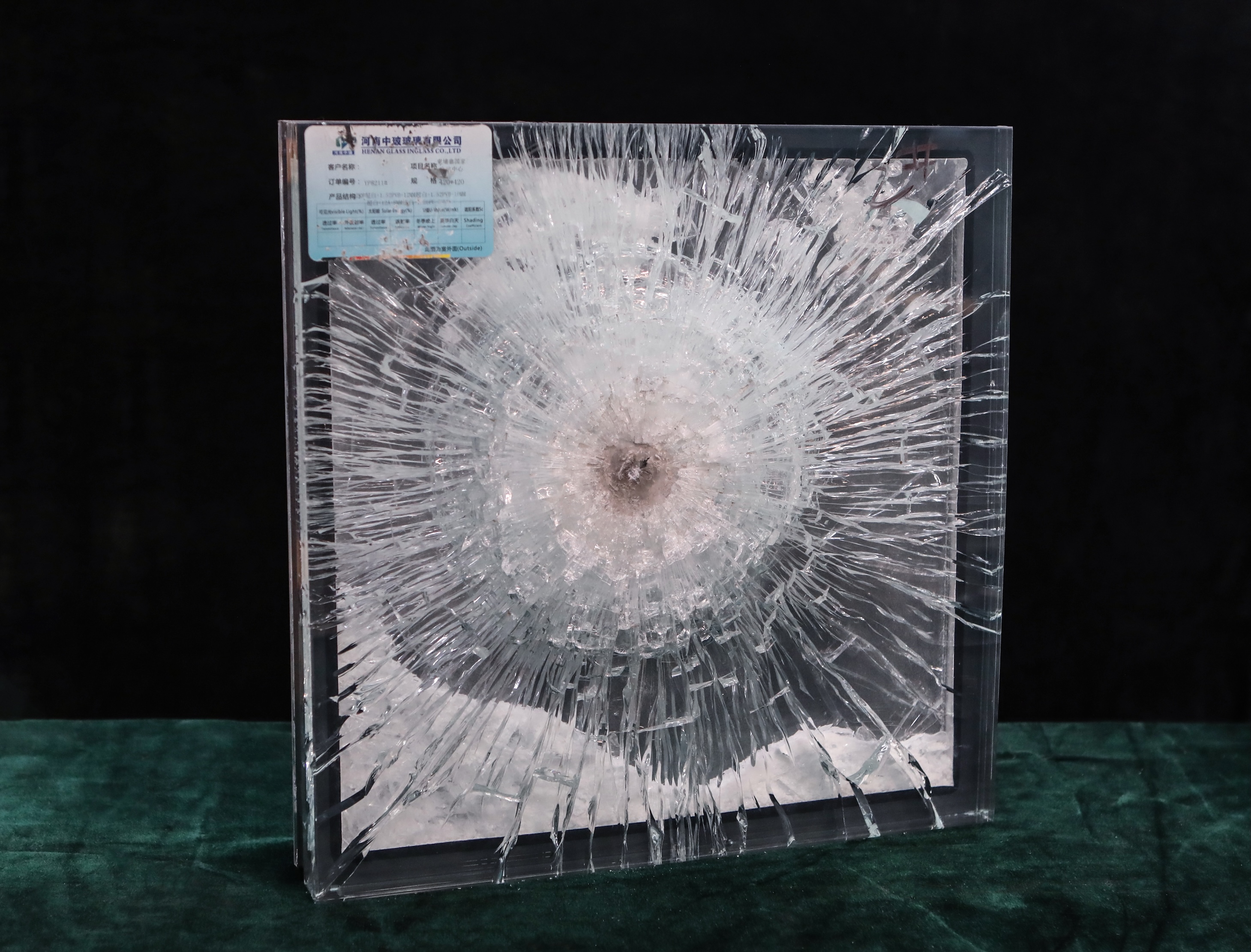The Lifespan of Drywall: How Long Does Drywall Last?

Drywall, also known as gypsum board or plasterboard, is a widely used building material in the construction industry. It serves as a primary surface for interior walls and ceilings, providing a smooth and durable finish. However, like any other material, drywall has a limited lifespan. In this article, we will explore the factors that affect the longevity of drywall and provide insights into how long it typically lasts.
- Understanding Drywall Composition:
Drywall is composed of gypsum plaster sandwiched between two layers of paper. This composition gives it strength, flexibility, and fire-resistant properties. The quality of the gypsum, paper, and manufacturing process all contribute to the overall durability and lifespan of the drywall. - Environmental Factors:
The environment in which drywall is installed plays a significant role in its lifespan. Moisture, humidity, temperature fluctuations, and exposure to water can all impact the integrity of drywall. High humidity levels can cause the paper to deteriorate, leading to mold growth and weakening of the gypsum core. Proper ventilation and moisture control are crucial in extending the lifespan of drywall. - Installation Techniques:
The quality of installation greatly affects the longevity of drywall. Improper installation, such as inadequate taping, mudding, or securing, can result in cracks, sagging, and overall structural weakness. Hiring experienced professionals who follow industry best practices is essential to ensure the longevity of drywall. - Maintenance and Care:
Regular maintenance and proper care can significantly extend the lifespan of drywall. Simple practices such as avoiding excessive force or impact, promptly repairing any damages, and keeping the surface clean can help preserve the integrity of the drywall. Regular inspections for signs of moisture or mold growth are also crucial in preventing long-term damage. - Lifespan Expectations:
While the lifespan of drywall can vary depending on the aforementioned factors, on average, well-maintained drywall can last anywhere from 30 to 70 years. However, it is important to note that this estimate is based on ideal conditions and proper care. In high-moisture areas, such as bathrooms or basements, the lifespan may be shorter.
Conclusion:
Drywall is a durable and versatile building material that can last for several decades when installed correctly and maintained properly. Understanding the composition, environmental factors, installation techniques, and maintenance requirements are key to maximizing the lifespan of drywall. By following industry best practices and implementing preventive measures, you can ensure that your drywall remains in excellent condition for years to come.



